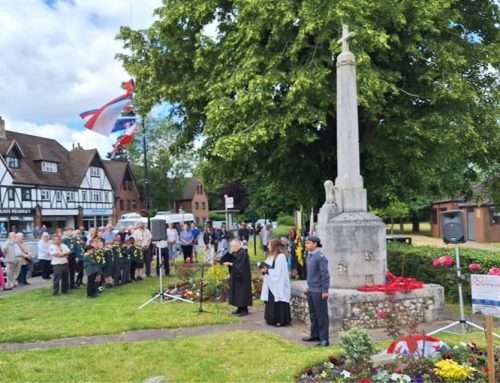Let us take you on a journey back 30 years. It’s 1993 and the new Ford Mondeo is about to go on sale for the first time. Our Prime Minister, John Major, is overseeing the completion of the Channel Tunnel, due to open next year, and Tim Berners-Lee is releasing his source code for the world’s first internet web-browser. Our beleaguered Secretary finds himself hunched over his typewriter bashing away at the keys in time with Meatloaf’s “I’d do anything for Love” and a sheet of paper emerges, entitled “HADRA’s Constitution”.
This document has served us well over the past 30 years and continues to govern the way we operate today. However, designed in a largely pre-internet era, without today’s norms such as social media and WhatsApp, its becoming apparent to us today that it is necessary to give our constitution an overhaul so it is fit for the 21st century.
To give a couple of examples of the challenges we currently face, in 1993, our constitution reflected that the primary way to communicate with our members was through a paper newsletter and the constitution stated that we must produce a newsletter to notify our members about our Annual General Meeting. As there was no flexibility in this, it became problematic when timescales and newsletter content guided us to do the opposite. Instead of the constitution helping in these matters, we were being tied to processes which took place last century.
Who could have predicted 30 years ago that there would be a global pandemic which would force the country to completely shut down and prevent us holding an AGM for a year, yet our constitution stated that without exception, an AGM must be held annually.
When we have no choice but to ignore the words of our constitution, it is clear that it needs to be revised to not only reflect modern times, but build-in clauses which would, at the discretion of the committee and an AGM, allow for a certain amount of flexibility.
This is why we have decided to make minor changes to the constitution at our upcoming AGM.
The majority of changes will have no consequence to the daily operation of HADRA, such as restructuring and renumbering the constitution’s paragraphs. We may have added the odd word here-or-there to clarify a point and such cosmetic changes impact only how the document is presented. However, there are three significant changes which we are proposing and which you should be aware of. These are:
- The Membership Secretary’s role has been updated to correctly reflect the fact that membership subscriptions are not now collected by them, but are sent by members directly to our Treasurer.
- The way we communicate with our members has been updated to reflect that we also rely on Social Media and the internet as the primary method now, in addition to our bi-annual paper newsletter.
- We have future-proofed the constitution by adding a flexibility clause into it. This means that if something has to temporarily change in the constitution, which the committee agrees on with a unanimous vote, the committee will have the authority to make such temporary changes in lieu of getting an approval from the AGM. Such changes are valid only up to the next AGM when the membership must vote to approve the changes made (in which case these changes will form a revision to our constitution), or the temporary changes will cease if not approved by the membership. In 1993 we could not foresee a global pandemic. Similarly, we cannot foresee what may happen in 30 years’ time, in the year 2053, which will impact HADRA’s operation. So the constitution needs to be flexible in such instances.
Our revised constitution is shown below and will be voted on at our forthcoming AGM. The changes being proposed have the support of the HADRA committee, but cannot come into effect until approved by the general membership at our AGM. We encourage our members to become fully conversant with these changes and we are happy to address any questions you may have ahead of the AGM.
Lee Cooper



